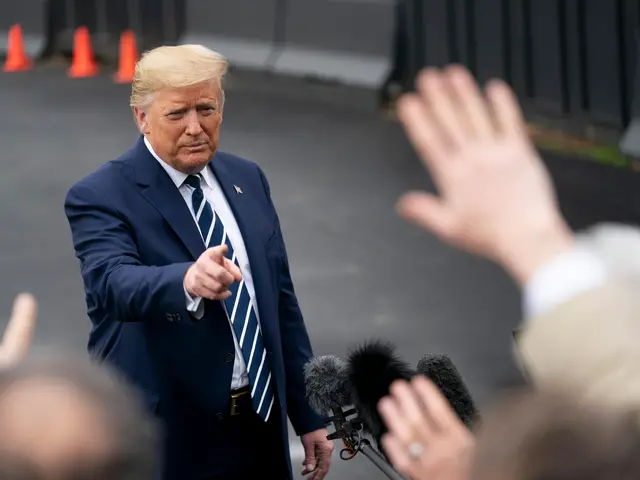An Afghan political analyst and researcher has described the recently inked U.S.-Taliban peace deal as an "erroneous accord" that will not bring to an end the war in Afghanistan at least in the near future.
"The bold blunder of the agreement is that the government of Afghanistan has been overlooked in the so-called peace agreement and on the day of signing agreement between the U.S. and the Taliban group, senior diplomats from 30 countries were present except Kabul," Shamsul Haq Arianfar told Xinhua on Thursday.
After nearly 18 months of tough talks, the United States and the Taliban inked a peace deal in the Qatari capital Doha on Feb. 29 to end Washington's longest war in its history and facilitate Afghans to begin intra-Afghan dialogue to find a negotiated settlement for their country's lingering crisis.
Under the agreement, the United States would reduce its forces to 8,600 within 135 days and the departure of all the U.S.-led coalition forces would be completed within 14 months from Afghanistan depending on Taliban's meeting the conditions envisaged in the agreement including severing ties with terrorist groups such as Islamic State and al-Qaida network.
"Ignoring the Afghan government in signing the peace deal is the big mistake because the government of Afghanistan as a legitimate administration has been recognized worldwide and the Taliban has been fighting against the Afghan government to regain power and it is a fact," observed the renowned expert.
Another mistake at the U.S.-Taliban peace deal is that other global and regional actors and stakeholders in Afghanistan imbroglio should have signed the agreement as guarantors, the expert opined, saying only the United States and the Taliban which was branded by Washington as a terrorist group 20 years ago signed the agreement.
Furthermore, the analyst believed that "it was more logic if the Taliban and the U.S. agreed in the so-called peace accord to prevent Afghanistan from turning into a terrorist safe haven" and the Afghan soil will not be used by terrorist groups against any country.
According to the expert, "inclusion of Taliban commitment not to allow the Afghan soil to be used against U.S. interests" is not enough.
Taliban has been avoiding face-to-face talks with the Afghan government due to claiming victory in the war after signing agreement with the United States, said the analyst, adding no peace would return unless the Taliban sit on negotiating table with the Kabul delegation.
"The prospects of peace in Afghanistan seems bleak but not impossible. It may take more time than expected to find a political solution for the country," said the expert.
(by Abdul Haleem)
 简体中文
简体中文

